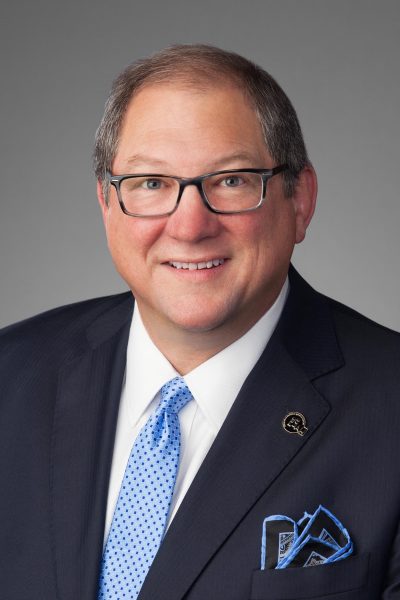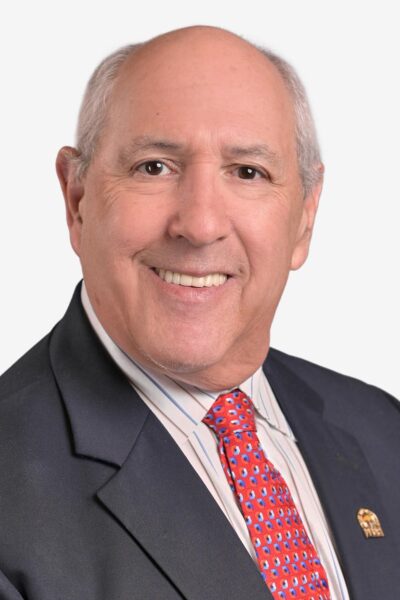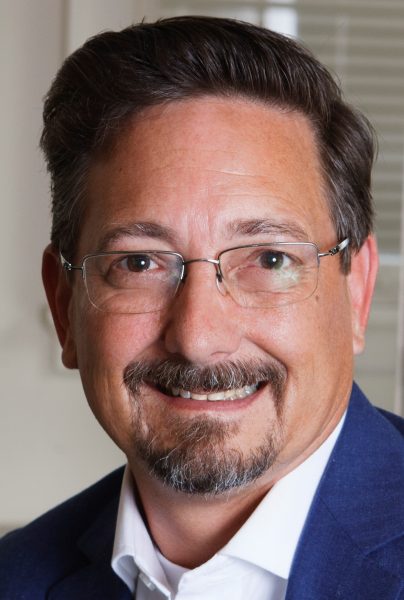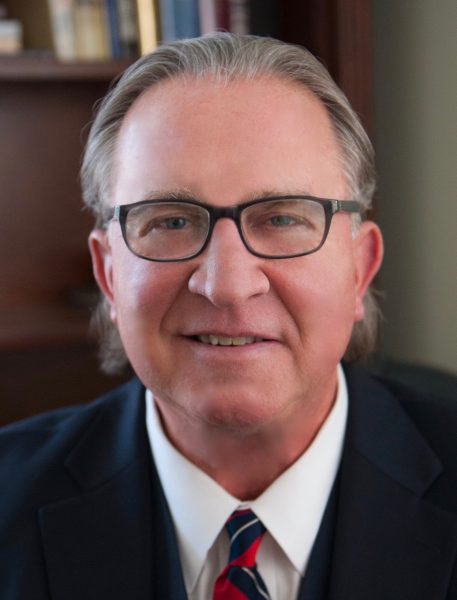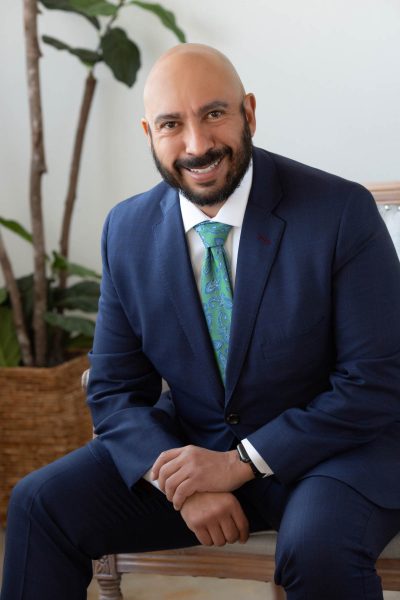Results For Articles or Consultants
Legal Consulting
Geographic Non-Competes fail most of the time they are challenged. Here’s why and how to solve the problem.
6. The insurance application process now requires more attention.
There was a time, in the not too distant past, when most applications for property and casualty insurance did not require the signature of the insurance buyer. Agents routinely completed applications and underwriters readily accepted them without anyone’s signature on the application. This custom and practice is no more. Insurance applications have become more than just tools to gather underwriting information to determine the eligibility of the applicant for coverage and for premium determination purposes. The necessity for thoroughness and precision has greatly increased. It is more than appropriate and appreciated by the underwriter for the applicant to provide supplemental answers and explanations along with the standardized application. These relatively recent changes in the usual and customary practices of making an application for insurance can make the difference between having a claim covered and not having it covered. An ambiguity or misunderstanding can become an allegation of misrepresentation, which can lead to no coverage at all, rather than just a possible increase in premiums. Policy rescission and voiding policies ab initio are on the rise, along with underwriters using application information as “Warrants” thereby making the application a part of the policy (which has always been the case with life insurance policy applications).
These developments make providing accurate information to underwriters more than just important. Accurate information becomes the basis for the existence of the contract itself and adds an increased threshold to the concept of “utmost good-¬‐faith” which is the traditional basis of all insurance relationships. However, “utmost good-¬‐faith” is a two-¬‐way street. Insurance companies sometimes attempt to deny coverage based on conditions and exclusions that are not, and never were intended, appropriate to the situation or the claim at hand. Some prohibitions were intended to exclude coverage because the hazard is better transferred by another type of policy, not to be used to exclude an otherwise covered claim. This type of unfair claims settlement practice is rare and usually caused by poor attention to detail in the filing of a claim and/or inexperienced claims adjusters. The insurance buyer needs to be equally diligent and vigilant as to the accuracy of applications of insurance and in the filing of a claim under an insurance policy.
Lesson: Insurance applications are more important than they once were. Plan and prepare in a careful, thorough manner before submitting an application for insurance or filing a claim.
Mr. Bushnell is a Certified Public Accountant with over 20 years of experience providing Forensic Accounting services through national and global professional services firms. Know as the “numbers guy” his professional expertise covers Business Interruption Claims, Economic Damage Analysis, and Fraud Investigations. Mr. Bushnell has advised clients in mediation, arbitration and appraisal as a third…
•Wrongful Designation by Thomas M. Braniff, JD, CPCU and Robert P. Gaddis, JD;
•The Essential Bookshelf for Expert Witnesses by Kevin Quinley, CPCU, ARM, AIC;
•The 411 on Becoming an Expert Witnesses by Elise M. Farnham, CPCU, ARM, AIM, CPIW;
•Working as an Expert Witnesses by Douglas R. Emerick; and
•“Be Careful What You DON’T Ask For” By Bill Wilson, CPCU, ARM, AIM, AAM.

